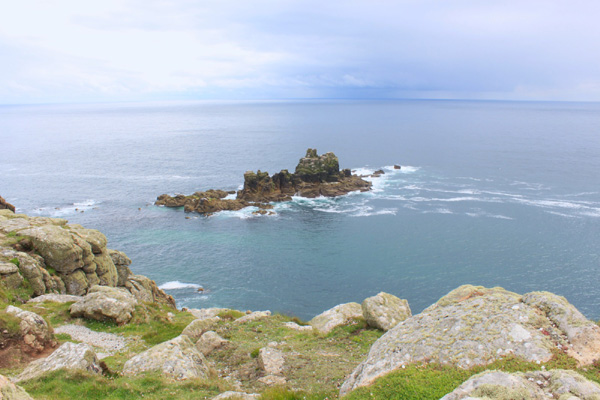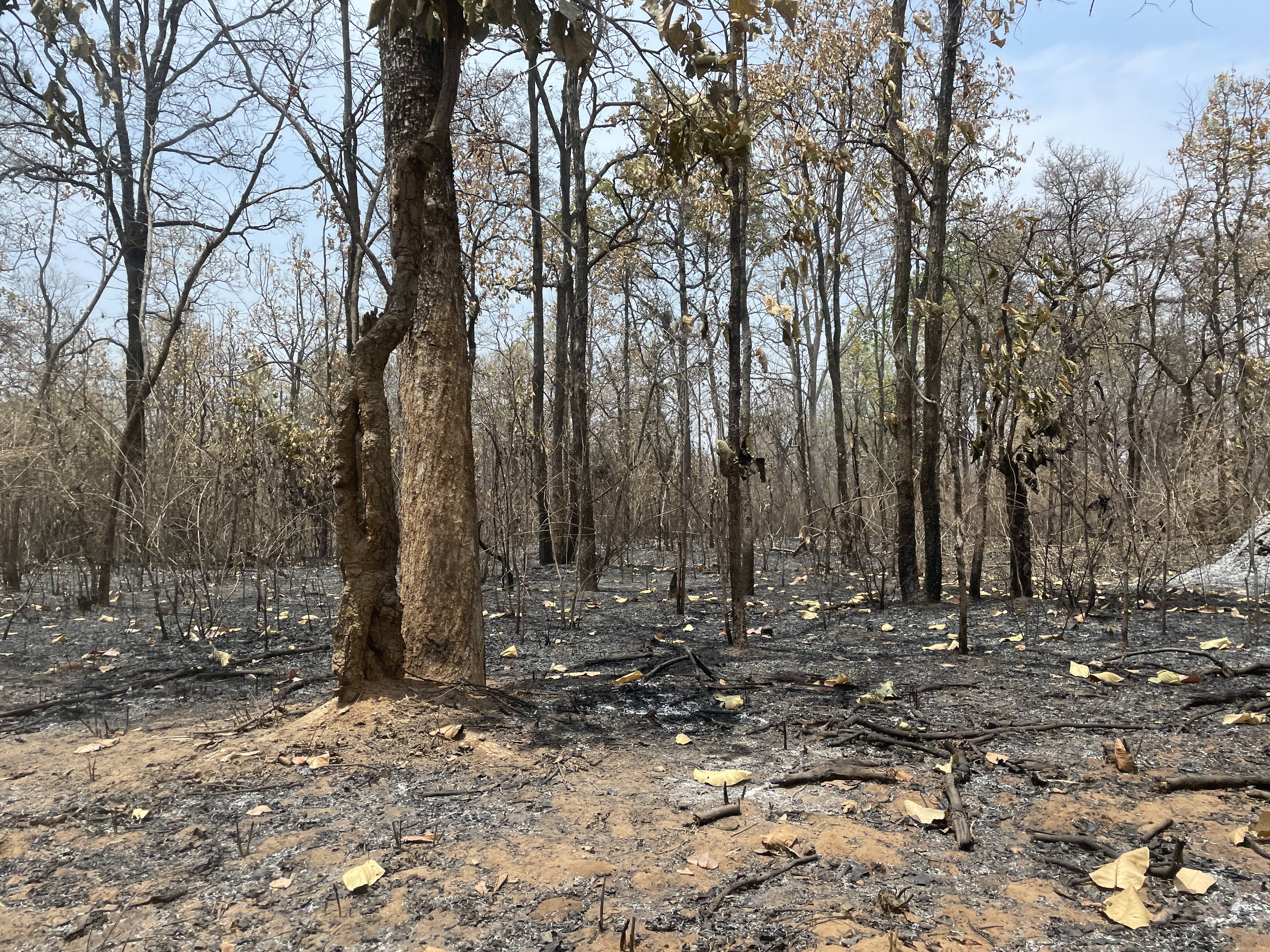
The three months of July, August and September have been the hottest ever in the history of the Earth, prompting scientists to say that 2023 could become the hottest year.

In the din of global politics over the Russia-Ukraine war and the China-Taiwan tensions, an important news item on climate change and children got buried in the media. On August 28 this year, the United Nations (UN) Committee on the Rights of the Child said that climate change is impacting children's health, lives and development. It called upon governments to take action to protect boys and girls from a deepening climate change crisis.

Last week while coming back from Yamuna Nagar to Delhi on the way from Karnal National Highway to Delhi, I along with my colleague Arnab, saw mounds of Fire on the agriculture fields almost every half a kilometre. Our driver concurred, that it was stubble, which was being burnt. We counted up to 7-8 such mounds, before getting into the possible effects of it, especially on Delhiites-even odd for vehicles, schools getting shut for few days, work from home for employees and so on. The list included almost everything, which we had experienced or heard of in the last few years. The story is not going to be any different this year either.

Imagine the noise of a bustling Indian city fading away as you journey towards the serene coastline. The salty air fills your lungs, the sound of waves crashing against the shore resonates in your ears, and the sight of the vast blue ocean stretches as far as your eyes can see. But as you look closer, the ocean's surface isn't just water—it's littered with plastic. This horrifying scene isn't dystopian fiction. It's a horrific reality that a young boy from Pune, India, named Haaziq Kazi, is fighting to change.

Here is an engaging psychometric test to assess your learning ability. It is not just about how much information you can memorize, but also about how you can apply that information to new situations. The test is interactive, as it requires you to think about how you would react in a real-world situation.

A village situated in the interior of an arid and hilly Rajasthan district has over the years set up an example of promoting both gender equality and a sustainable and environment-friendly way of life.

The heartland of India is home to the magnificent Bandhavgarh National Park and its surrounding areas. This region, known for its expansive grasslands and scorching heat, faces a multifaceted challenge -dying microbes and a diminishing capacity for forest regeneration. The formidable task of cultivating new forests is compounded by the limitations imposed by the harsh climate and the local reliance on the Mahua tree for livelihood.

Climate change is an issue that has become increasingly urgent as global temperatures continue to rise and the negative effects of greenhouse gas emissions are felt across the globe. Only 3% of the earth's water is fresh, and out of that 2.5% of the earth's fresh water is unavailable: locked up in glaciers, polar ice caps, atmosphere, and soil; highly polluted; or lies too far under the earth's surface to be extracted at an affordable cost. Human beings have only 0.5% of the earth's water available as fresh water. Fresh water is a finite resource and essential for all life on earth.

Animal agriculture, the practice of raising animals for the purpose of producing food, fibre, and other products, includes the production of meat, dairy products, eggs, leather, and wool, among other things. Animal agriculture can take many forms, including factory farming, free-range farming, and small-scale family farming.

Cold weather has been costing vulnerable and marginalized lives in developing economies. A total of 19,126 people lost their lives due to cold waves between 1995 and 2020, with 1149 of those deaths occurring in 2015 alone, the year with the highest number of cold wave-related fatalities, according to the NCRB.